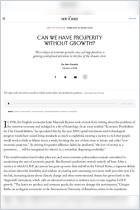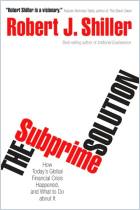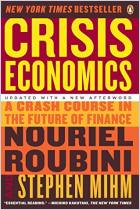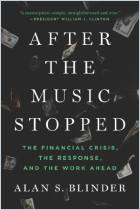Join getAbstract to access the summary!

Join getAbstract to access the summary!
John Cassidy
How Markets Fail
The Logic of Economic Calamities
FSG, 2009
What's inside?
How deregulation and free market policies have destabilized the economy’s financial sector.
Recommendation
Adam Smith laid the intellectual foundation for free enterprise in his widely hailed 1776 book, The Wealth of Nations, but he also supported tight regulation of banks to suppress speculation and stabilize credit, a message most modern-day free market advocates have overlooked. Journalist John Cassidy’s thorough review of the events leading up to the 2008 financial crisis underscores how strict application of “utopian economics” can lead to disaster. He makes a strong argument for incorporating “reality economics” into the US’s supervision of the financial system. getAbstract recommends this weighty book to readers with a background in finance and to those interested in how free markets can coexist – and stabilize – with judicious government oversight.
Summary
About the Author
John Cassidy is a British-American journalist and author. He writes for The New Yorker and contributes to The New York Review of Books. He is the author of Dot.con: How America Lost Its Mind and Money in the Internet Era.


























Comment on this summary